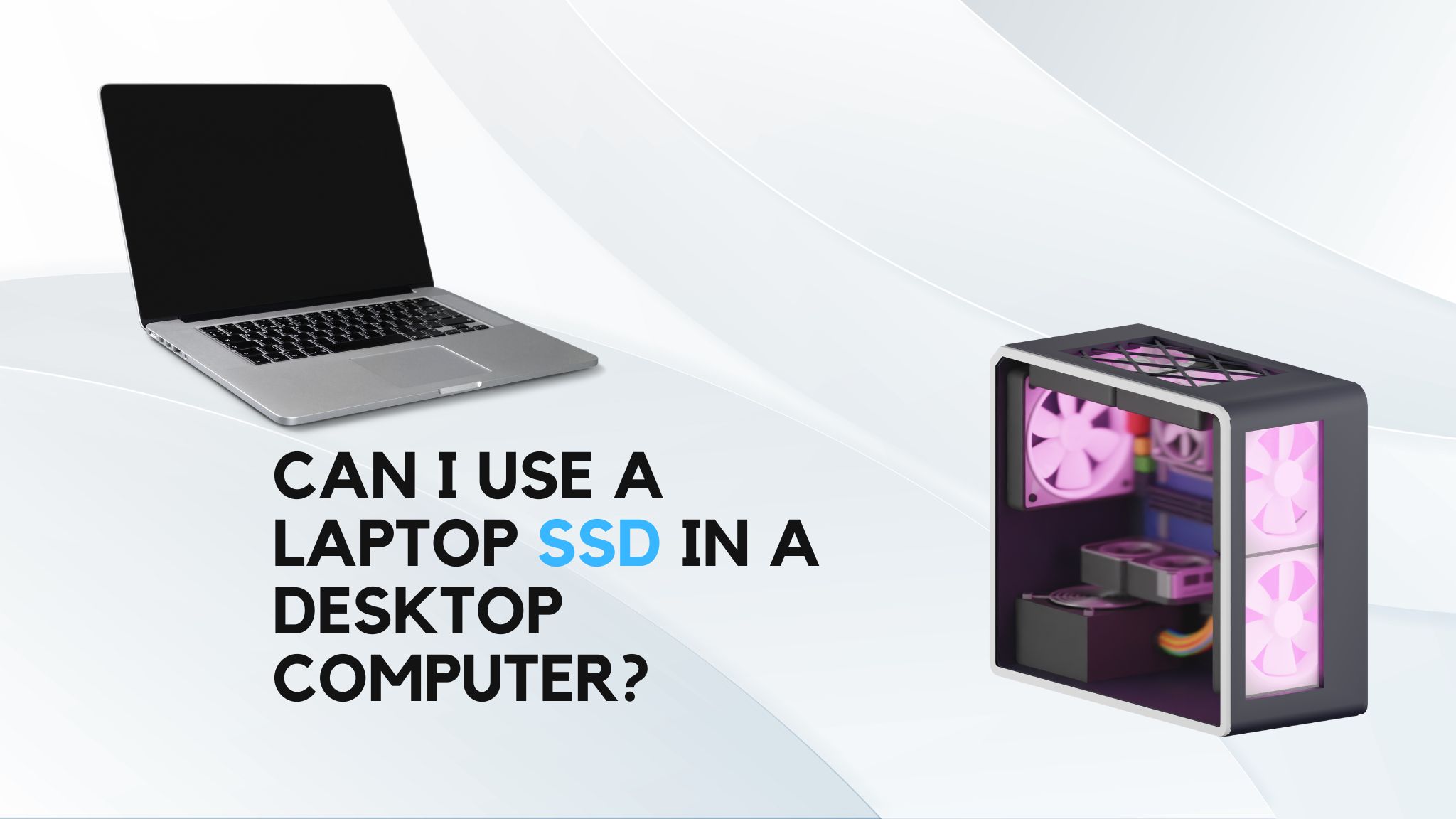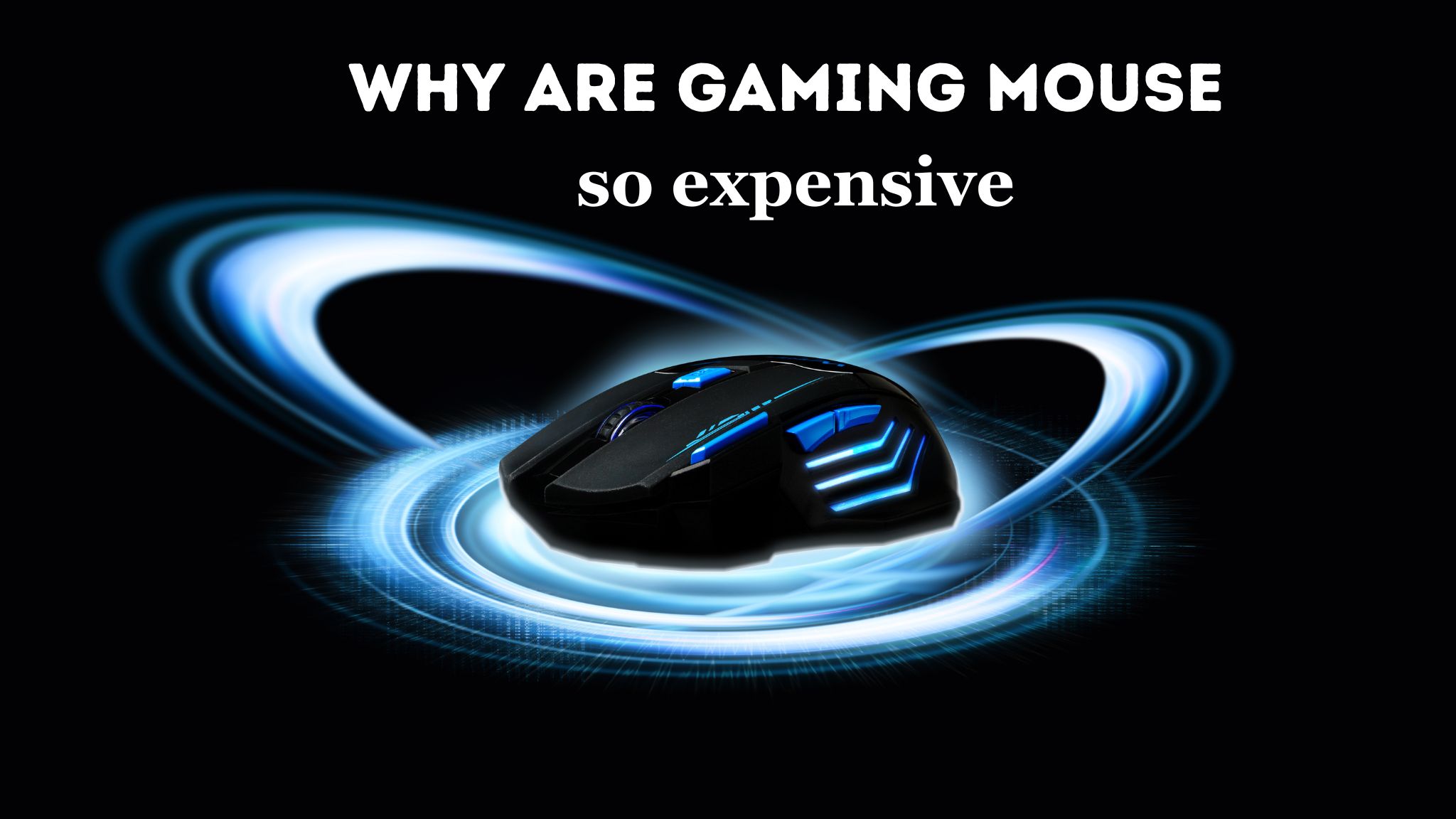In the fast-paced world of technology, processor speed plays a vital role in determining the performance of our devices, be it laptops, smartphones, or tablets. With the market flooded with various processors, it’s common to wonder if a 1.3 GHz processor is slow or sufficient for your needs. In this comprehensive guide, we delve into the intricacies of processor speed, debunk common myths, and explore the impact of processor speed on device performance. Whether you’re a tech enthusiast curious about the technical details or a casual user looking to make informed decisions about your next purchase, this article is worth reading to understand the truth behind 1.3 GHz processors.
What is Processor Speed, and How is it Measured?
Processor speed, often referred to as clock speed, is a crucial metric that determines how fast a central processing unit (CPU) can execute instructions. It is measured in hertz (Hz) and denotes the number of cycles per second that a CPU can perform. In the case of 1.3 GHz processors, the CPU can execute 1.3 billion cycles per second. The higher the clock speed, the more tasks the CPU can handle in a given period, leading to better overall performance.
However, it’s important to note that processor speed alone does not dictate the device’s performance. Other factors, such as the number of cores and the architecture, play significant roles in determining how efficiently the CPU can execute tasks.
Comparing 1.3 GHz Processors: Are They Suitable for Everyday Use?
Whether a 1.3 GHz processor is sufficient for your needs depends on the intended use of the device. For basic tasks such as web browsing, email, and word processing, a 1.3 GHz processor may be adequate. These tasks do not require intensive processing power, and a well-optimized operating system can run smoothly on such processors.
However, for more demanding tasks like video editing, gaming, and running resource-intensive applications, a 1.3 GHz processor may start to show its limitations. These tasks often require higher clock speeds and multiple cores to handle the workload efficiently.
Performance Considerations: Single-Core vs. Multi-Core Processors
While clock speed is essential, the number of cores in a processor also significantly impacts performance. Processors can come in single-core, dual-core, quad-core, and even octa-core configurations. Each core can independently handle tasks, allowing the CPU to multitask effectively.
A single-core 1.3 GHz processor may struggle with multitasking and handling multiple threads simultaneously. On the other hand, a multi-core processor with a clock speed of 1.3 GHz per core can distribute the workload efficiently, resulting in smoother performance for multitasking and demanding applications.
Understanding Clock Speed and Cores: The Dual Impact on Performance
The relationship between clock speed and the number of cores is crucial for overall performance. For example, a dual-core processor with a higher clock speed may outperform a quad-core processor with a lower clock speed in certain single-threaded applications. Conversely, the quad-core processor may excel in multitasking scenarios and multi-threaded applications.
Manufacturers aim to strike a balance between clock speed and core count to deliver optimal performance for different user requirements.
Overcoming the GHz Myth: The Role of Architecture and Efficiency
Processor architecture plays a significant role in overall performance. Different manufacturers use various architectures, and some processors are more efficient in executing tasks per clock cycle, even at lower clock speeds.
For example, advancements in processor architecture, such as Intel’s Hyper-Threading and AMD’s SMT (Simultaneous Multi-Threading), enable each core to handle multiple threads simultaneously, effectively doubling the number of virtual cores.
Optimizing Performance: The Influence of RAM and Storage
Processor speed works in conjunction with other hardware components like RAM (Random Access Memory) and storage to deliver a seamless user experience. Sufficient RAM allows the CPU to store and access data quickly, enhancing multitasking capabilities.
Similarly, fast storage, such as solid-state drives (SSDs), reduces load times and improves overall system responsiveness. A balanced combination of processor speed, RAM, and storage contributes to a snappy and efficient device.
Processor Speed and Gaming: Can 1.3 GHz Handle Modern Titles?
Gaming performance heavily relies on both the CPU and the graphics processing unit (GPU). While 1.3 GHz processors may run older or less demanding games smoothly, modern AAA titles with high graphical fidelity and complex physics simulations require more processing power.
For gaming enthusiasts, investing in a processor with higher clock speeds and multiple cores, along with a dedicated GPU, is crucial for an immersive gaming experience.
Future-Proofing Your Devices: Considering Longevity and Upgradability
When choosing a device with a 1.3 GHz processor, it’s essential to consider its longevity and upgradability. Technology advances rapidly, and what may be considered sufficient today may become obsolete in a few years.
Opt for devices that allow hardware upgrades, such as adding more RAM or replacing the processor. Upgradability ensures that your device remains relevant and capable of handling future tasks.
1.3 GHz Processors in Smartphones: Balancing Power and Battery Life
In the world of smartphones, balancing processing power and battery life is critical. Mobile processors with lower clock speeds can provide sufficient performance for most everyday tasks while conserving battery life.
Many smartphones with 1.3 GHz processors are optimized for power efficiency, making them ideal for users who prioritize extended battery life and smooth performance for routine tasks.
Budget-Friendly Devices: The Pros and Cons of 1.3 GHz Processors
For budget-conscious consumers, devices with 1.3 GHz processors offer a cost-effective solution. They can cater to everyday computing needs without breaking the bank.
However, users should be aware of potential limitations when using such devices for resource-intensive tasks. It’s essential to understand the trade-offs between affordability and performance.
The Future of Processor Speed: Trends and Predictions
As technology advances, processor speed is likely to continue increasing. Moore’s Law, which predicts the doubling of transistor density approximately every two years, has driven rapid advancements in processor performance.
In the future, we can expect processors with higher clock speeds, increased core counts, and improved power efficiency, leading to more powerful and energy-efficient devices.
The debate over whether a 1.3 GHz processor is slow ultimately boils down to the user’s specific needs and expectations. For basic tasks and everyday use, a well-optimized device with a 1.3 GHz processor can provide smooth performance. However, for power users, gamers, and those who require heavy multitasking or resource-intensive applications, a higher clock speed and multiple cores are recommended to ensure optimal performance.
It’s important to remember that processor speed is just one piece of the puzzle when evaluating a device’s overall performance. Other factors, such as the number of cores, processor architecture, RAM, storage, and GPU, play integral roles in determining how well a device can handle different tasks.
When considering a device with a 1.3 GHz processor, keep the following key takeaways in mind:
- Task Requirements: Assess your specific usage requirements. If your tasks primarily involve web browsing, document editing, and light applications, a 1.3 GHz processor may suffice. For demanding tasks like gaming, video editing, and heavy multitasking, opt for a higher clock speed and multiple cores.
- Future-Proofing: Consider the longevity and upgradability of the device. Technology evolves rapidly, and devices with room for upgrades allow you to adapt to future needs without replacing the entire system.
- Balancing Performance and Budget: For budget-conscious consumers, 1.3 GHz processors offer cost-effective solutions. Balance affordability with your performance expectations to make an informed decision.
- Mobile Devices: In smartphones and tablets, a 1.3 GHz processor can provide efficient power usage and smooth performance for everyday tasks. However, if you’re a mobile gamer or require extensive productivity on-the-go, higher clock speeds may be more suitable.
- The Future of Processors: As technology advances, processors will continue to become faster and more efficient. Keep an eye on emerging trends and advancements to make informed decisions for future purchases.
In conclusion, the question of whether a 1.3 GHz processor is slow is not as straightforward as it may seem. While this clock speed was once considered impressive and cutting-edge, the relentless pace of technological progress has rendered it somewhat outdated in comparison to newer, faster processors that have flooded the market.
The notion of burstiness and its impact on processor performance cannot be ignored. In a world where we demand instantaneous results and seamless user experiences, a 1.3 GHz processor may struggle to keep up with the ever-expanding array of data-driven applications and software. For users engaging in resource-intensive tasks such as high-definition gaming, video editing, or complex simulations, opting for a faster processor might be a more viable choice.
However, context is key, and we must consider the specific needs and use cases of individuals when evaluating processor speed. For less demanding tasks like web browsing, word processing, and basic multitasking, a 1.3 GHz processor might still provide satisfactory performance. In budget-friendly devices and for users with modest computing needs, it can be a reasonable and cost-effective choice.
Moreover, it’s essential to remember that processor speed is just one factor contributing to overall system performance. The efficiency of software, available memory, and storage also play crucial roles. Additionally, advancements in processor architecture and optimizations can make even a seemingly slow clock speed perform surprisingly well.
In this fast-paced digital era, processor speed will undoubtedly continue to evolve, with newer, faster models continually pushing the boundaries of what we once deemed possible. As technology advances, the meaning of “slow” will be redefined, and today’s cutting-edge will become tomorrow’s standard.
Ultimately, the question of whether a 1.3 GHz processor is slow depends on individual needs, expectations, and budget considerations. When making a decision, it’s essential to weigh the pros and cons, considering both short-term requirements and potential future needs.
As we look to the future, it’s clear that the quest for faster processors will persist, and the performance benchmarks will keep rising. However, the importance of finding the right balance between processing power and practicality remains a constant challenge. Whether you opt for the latest powerhouse processor or stick with a 1.3 GHz variant, remember that the heart of computing lies in achieving a seamless and enjoyable user experience tailored to your unique demands. So, as you embark on your technological journey, embrace the ever-changing landscape of processors and make informed decisions that best suit your computing needs and aspirations. Happy computing!




